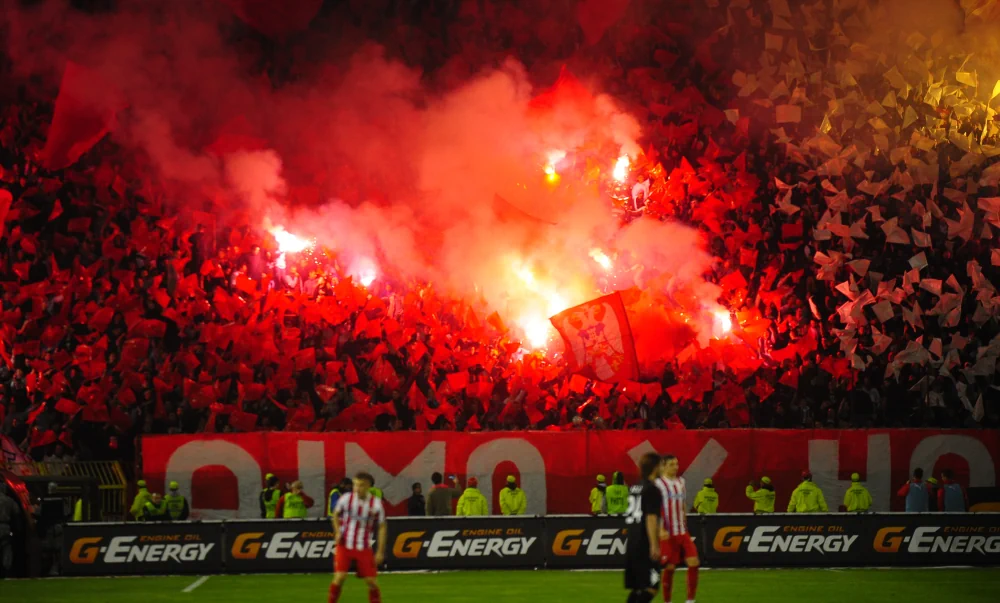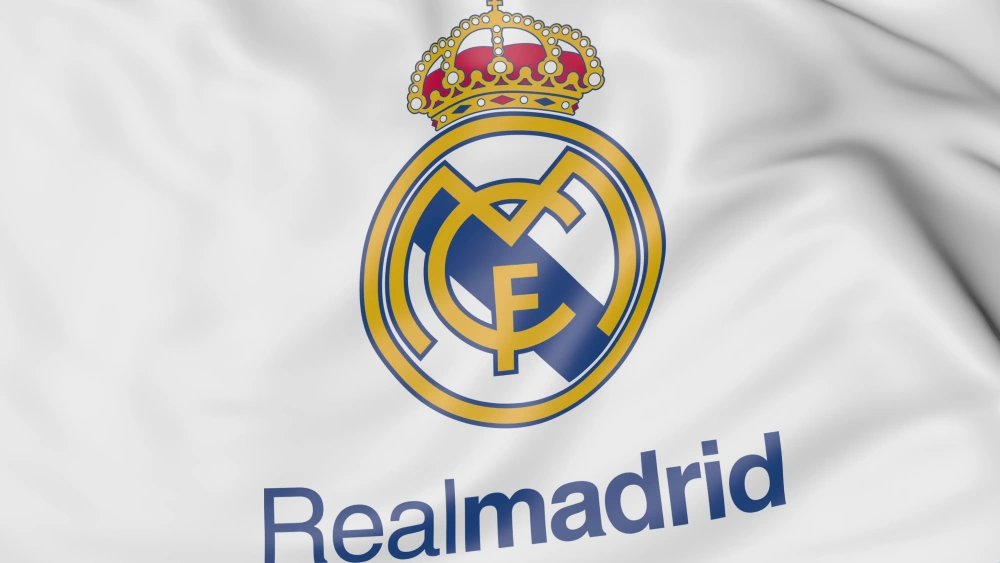Robert Prosinecki, the Yugoslavian Madrid and Barcelona star
The 1987 FIFA World Youth Championship won by Yugoslavia might be one of the most important generations in the history of European football. That crop of Yugoslavian players marked a before and after in the history of their football, producing a ton of world class players that would end up winning the European Cup in 1991 with Red Star Belgrade and go on to play in the best clubs in the world, influencing the country after they separated.In fact, it could be argued that the generation of great Serbian, Croatian and Bosnian players, among many others, was influenced by the success of this group of players. And amongst those top class players you have today's protagonist, Robert Prosinecki.
One of the best midfielders of his generation, Prosinecki has a long career, with a lot of different things going, so today we are going to talk about the player, his accomplishments and a lot more.
The early days
Robert Prosinecki was born in West Germany in January of 1969, and his father was originally a Croat and his mother a Serb. During his first ten years in Germany, young Robert had shown promise in football and was playing for Stuttgarter Kickers at youth level, but he started to play for Yugoslavia's Dinamo Zagreb when he moved with his family back to their home country.At 17 years old, and without a professional contract, he started to play for Zagreb in 1986, but Robert's father was asking the club's hierarchy for a contract for his son. According to rumors, Zagreb's manager at the time, Miroslav Blazević (who passed away earlier this year), said he would eat his coaching diploma if Prosinecki ever made it as a professional footballer.
Well, he was let go by the club that same summer and signed by one of the country's biggest clubs, Red Star Belgrade. And the rest, as the saying goes was history.

Red Star Belgrade fans celebrating Robert Prosinecki success in the club
Success at Red Star
Robert Prosinecki's time at Red Star Belgrade is now the stuff of legends in European football. He arrived as an inexperienced and rather unknown player, but quickly became one of the team's most technical and most talented footballers, cementing a place in the Yugoslavia Under-20s national that would end up winning the 1987 FIFA World Youth Championship.This was a really special Red Star team and they would end up winning three Yugoslav First League titles during Prosinecki's stint at the club. Of course, this team is mostly remembered for defeating Marseille through penalties in the 1990/91 European Cup final, becoming the first club in their country's history to ever win the competition, a feat that remains unmatched to this very day.
It was during this time that war broke through in Yugoslavia and the nation separated in many more, leading to a lot of players leaving the football league and choosing their respective sides. Prosinecki chose to represent Croatia and would play a role in the 1998 World Cup, where the Croatian reached the semifinals and the third place.

Real Madrid was one of the clubs Prosinecki had a tough time in
Struggles in Spain
After winning the European Cup with Red Star, Prosinecki had a big money move in the summer of 1991 to Real Madrid. It seemed like a no-brainer: whether it was as an attacking midfielder, as a central midfielder or as a wide midfielder on the right, the Croatian had shown that he was skillful and technical to stand out at top level football, so Madrid seemed like a sure thing there for him.Unfortunately, he never found consistency at the Spanish capitol. Robert was struggling a lot with muscle injuries and was often playing out of position for the club, which led to him being whistled by the Madrid faithful at the Santiago Bernabeu because they felt he wasn't given his all. A short loan to Oviedo in the 1994/95 season, despite arguably playing the best football of his time in Spain, didn't help his case a lot.
He signed as a free agent in the summer of 1995 with Barcelona, but he also struggled with injuries there for most of the first half of the season and manager Johan Cruyff didn't trust him in midfield afterwards. Later, new manager Sir Bobby Robson didn't count with his services and was let go to Sevilla, where he spent a decent year there, returning to Croatian in 1997.
Pilgrimage
After what was an almost complete decade of struggles in Spain, Robert Prosinecki started to become a bit of a football nomad and he rarely stayed more than a year after his three seasons at Croatia Zagreb from 1997 to 2000, winning three league titles in the process.He had spells in Belgium, Slovenia, with other teams in Croatia and stood out in the 2001/02 season because of his time with English side Portsmouth in the Championship. His performances there were some of the best of his career during this time period and he endeared himself to the Portsmouth supporters due to his talent, technique and high football IQ, even if his legs were gone at that point of his career.
It is a shame that injuries took such a monumental toll on Prosinecki's career as he was one of the most talented players of his generation and a key cog in the success of both Yugoslavian and Croatian football, helping them reach a level they never had before. He was also one of the most gifted players of his generation, being capable of playing in several positions at a truly high level and with a level of technique that very few players can boast.
Sadly, by the time he arrived to Real Madrid in the summer of 1991, injuries were starting to become the norm in his career and that wouldn't stop until his retirement in 2004 with NK Zagreb in his homeland of Croatia.
